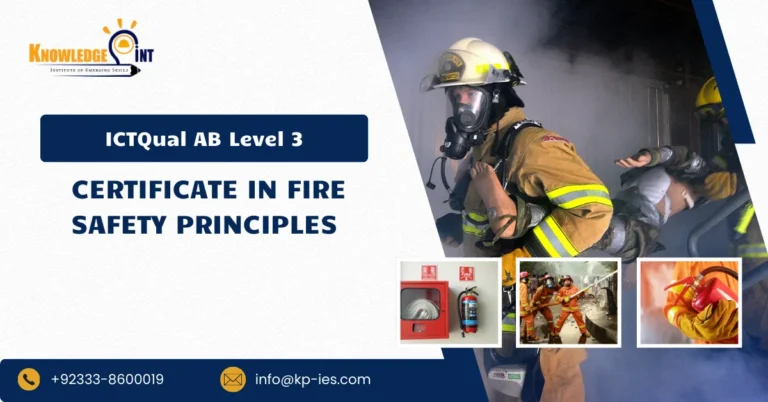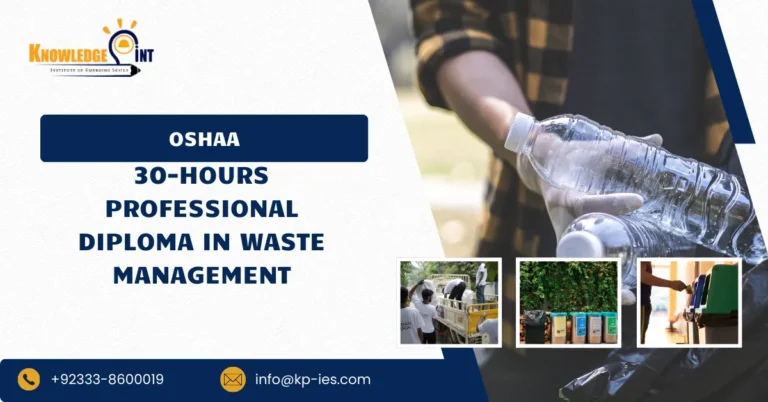ICTQual AB Level 6 International Diploma
Climate Change & Sustainability Studies
Awarding Body
ICTQual AB
Credits
360 Credits
Course
Sustainability Studies
study mode
Online Learning
Course overview
The ICTQual AB Level 6 International Diploma in Climate Change & Sustainability Studies is designed for individuals seeking advanced knowledge and professional skills in addressing climate change and promoting sustainable practices across industries and organisations. The programme equips learners with a strong understanding of climate science, sustainability principles, environmental policy, and strategic approaches to mitigating climate-related risks. It prepares professionals to operate effectively in sectors such as energy, manufacturing, construction, infrastructure, and services, where environmental responsibility and adherence to international sustainability standards are critical.
Throughout the course, learners develop advanced analytical, problem-solving, and decision-making skills essential for effective climate action and sustainability management. Key areas of study include climate change mitigation and adaptation, sustainable resource management, environmental policy and legislation, carbon footprint assessment, renewable energy solutions, and sustainability reporting. The programme also emphasises sustainable development strategies, risk assessment, stakeholder engagement, and the implementation of global standards to drive organisational sustainability and resilience.
This diploma is ideal for sustainability officers, climate change specialists, environmental managers, policy advisors, and professionals seeking career progression in climate action and sustainable development. Graduates gain the competence to design and implement sustainability frameworks, manage climate risks, and promote eco-friendly organisational practices. The Level 6 qualification also provides pathways to postgraduate study, professional certifications, and senior leadership roles in climate change, sustainability, and environmental management on an international scale.

Approved Training centre of ICTQual AB
Centre # : ATC24001

Entry Requirments
Entry Requirements for the ICTQual AB Level 6 International Diploma in Climate Change & Sustainability Studies:
- Educational Qualifications:A Level 5 qualification or equivalent in environmental science, sustainability, climate studies, or a related field.
- Professional Experience:Relevant work experience in sustainability, climate change initiatives, environmental management, or related sectors is preferred.
- English Language Proficiency:Since the program is delivered in English, learners must show competence in reading, writing, and communication.
Course structure
The ICTQual AB Level 6 International Diploma in Climate Change & Sustainability Studies in Personal Protective Equipment qualification consists of 36 mandatory units.






